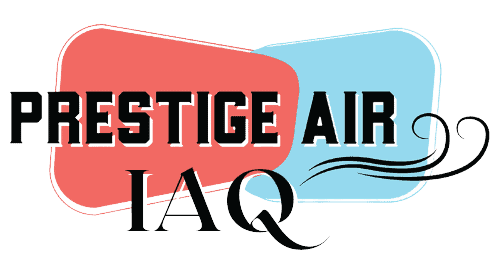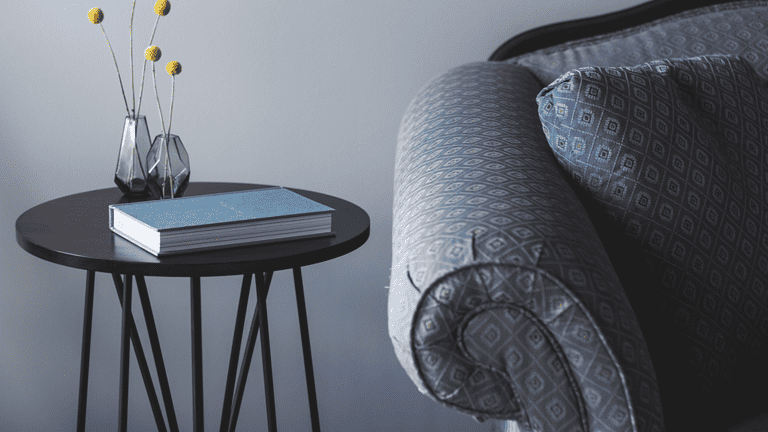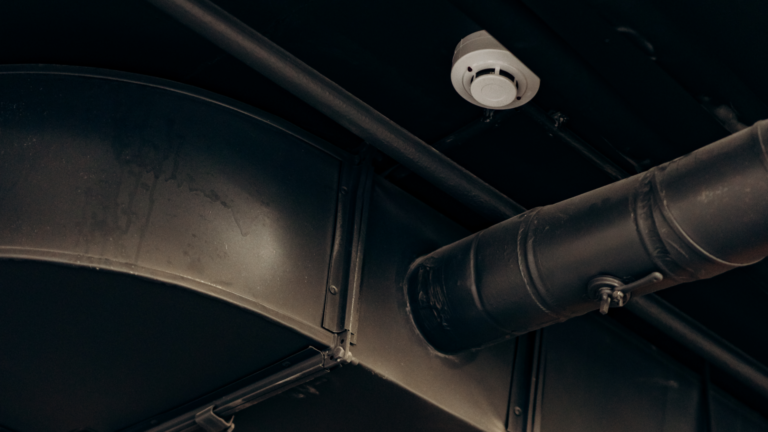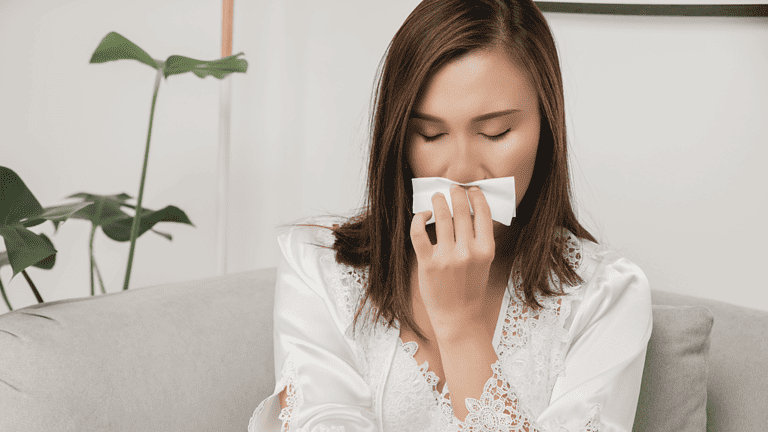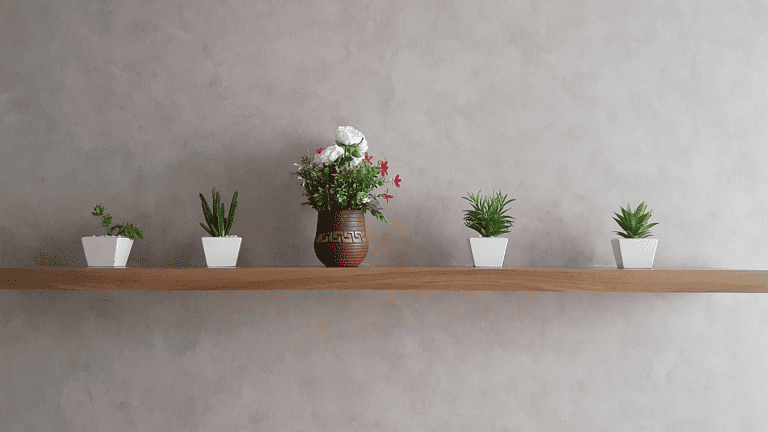Indoor Allergies Seem Worse At Night: 3 Parts to Unveiling the Nocturnal Allergy Menace
Indoor allergies can be an unwelcome and frustrating companion that disrupts our daily lives. Sneezing, itchy eyes, and a runny nose are just a few of the uncomfortable symptoms we experience. However, have you ever noticed that indoor allergies seem worse at night? Many individuals struggle with intensified allergy symptoms once they settle down for the night, leaving them wondering why this happens and how they can find relief.
In this blog post, we will delve into the world of indoor allergies and uncover the reasons why they tend to worsen during the nighttime hours. We will explore the factors that contribute to nocturnal allergies, discuss common triggers, and provide practical tips to help you alleviate symptoms and enjoy a peaceful night’s sleep.
Table of Contents
Why is it that indoor allergies seem worse at night?
1. Understanding Indoor Allergies
Before we dive into the nighttime aspect, it’s essential to understand what indoor allergies are. Indoor allergies, also known as perennial allergies, are triggered by substances found indoors, such as dust mites, pet dander, mold spores, and indoor pollutants. These allergens can be found throughout our homes, especially in bedrooms, where we spend a significant amount of time.
What are the factors leading to indoor allergies seem worse at night?
2. Nighttime Factors Amplifying Indoor Allergies
There are several factors that contribute to the aggravation of indoor allergies during the nighttime hours. Let’s take a closer look at these factors surrounding indoor allergies seem worse at night:
- Reduced ventilation: During the night, most people tend to close their windows and rely on air conditioning or heating systems to maintain a comfortable temperature. This lack of proper ventilation allows allergens to accumulate indoors, leading to increased exposure and triggering allergy symptoms.
- Dust mites and bedding: Our beds can become a breeding ground for dust mites, microscopic insects that thrive in warm and humid environments. Dust mites feed on dead skin cells and multiply rapidly in mattresses, pillows, and bedding. When we lie down at night, we disturb these allergens, releasing them into the air and exacerbating our allergy symptoms.
- Sleep position: Our sleep position can also play a role that make indoor allergies seem worse at night. When we lie down, our nasal passages become more congested, making it difficult to breathe properly. This can lead to nasal congestion and postnasal drip, triggering sneezing, coughing, and a stuffy or runny nose.
- Increased sensitivity: Some individuals may experience heightened sensitivity to allergens at night due to hormonal fluctuations. Our body’s natural cortisol levels, responsible for regulating inflammation and immune responses, can fluctuate throughout the day. When cortisol levels are low during nighttime, the body’s ability to suppress allergic reactions diminishes, resulting in heightened sensitivity to allergens.
- Indoor air quality: Poor indoor air quality is a significant contributor to making indoor allergies seem worse at night. Harmful particles, such as pet dander, mold spores, and volatile organic compounds (VOCs) from cleaning products or household items, can accumulate indoors. Breathing in these irritants while sleeping can trigger or worsen allergy symptoms.
Let’s do something about indoor allergies seem worse at night.
3. Managing Nocturnal Allergies
Now that we have identified the reasons behind the exacerbation of indoor allergies seem worse at night, let’s explore effective strategies to manage and reduce nocturnal allergy symptoms:
- Maintain a clean sleeping environment: Regularly clean your bedroom, including bedding, carpets, and curtains, to minimize allergen exposure. Consider using hypoallergenic pillowcases, mattress covers, and washable stuffed toys to reduce the presence of dust mites.
- Use high-efficiency air filters: Invest in high-efficiency particulate air (HEPA) filters for your HVAC system or air purifiers to remove allergens from the air. These filters can capture tiny particles, including dust mites, pollen, and pet dander, providing cleaner air and reducing allergy symptoms.
- Control humidity levels: Dust mites thrive in humid environments, so it’s crucial to keep indoor humidity levels below 50%. Consider using dehumidifiers in damp areas of your home, such as the basement or bathroom, to prevent mold growth and minimize allergen exposure.
- Implement proper ventilation: Improve indoor air circulation by opening windows during the day when pollen counts are low. This allows fresh air to enter your home and reduces the concentration of allergens. Additionally, use exhaust fans in bathrooms and kitchens to eliminate excess moisture and minimize the growth of mold.
- Wash bedding regularly: Wash your bedding, including sheets, pillowcases, and blankets, in hot water (above 130°F) to kill dust mites and remove allergens. Dry them thoroughly in a hot dryer to prevent moisture buildup. Additionally, consider using allergen-proof covers on pillows and mattresses to create a barrier between you and allergens.
- Keep pets out of the bedroom: If you have allergies to pet dander, it’s best to keep your furry friends out of the bedroom. Pets can carry allergens on their fur, which can trigger allergy symptoms can make indoor allergies seem worse at night. Establish pet-free zones to create a more allergen-free environment in your bedroom.
- Practice good sleep hygiene: Maintaining good sleep hygiene can help alleviate allergy symptoms. This includes establishing a regular sleep schedule, ensuring your bedroom is dark and quiet, and using hypoallergenic pillows and bedding. Additionally, consider using a saline nasal rinse before bed to clear nasal passages and reduce congestion.
- Consult with an allergist: If your nocturnal allergy symptoms persist despite your efforts, it may be beneficial to consult with an allergist. They can conduct specific allergy tests to identify your triggers and recommend appropriate treatment options, such as allergy medications or immunotherapy.
Indoor Allergies Seem Worse at Night Conclusion
Indoor allergies can be particularly troublesome at night, disrupting our sleep and overall well-being. Understanding the factors that contribute to nocturnal allergies and implementing effective management strategies can significantly reduce symptoms and improve the quality of your sleep.
By maintaining a clean sleeping environment, controlling humidity levels, improving ventilation, and practicing good sleep hygiene, you can minimize exposure to allergens and alleviate nighttime allergy symptoms. Remember to consult with an allergist if your symptoms persist or worsen, as they can provide personalized guidance and treatment options.
Address the issue that indoor allergies seem worse at night and don’t let indoor allergies rob you of a peaceful night’s sleep. With the right knowledge and proactive measures, you can create an allergen-free sanctuary in your bedroom and enjoy restful nights, free from the clutches of nighttime allergies.
